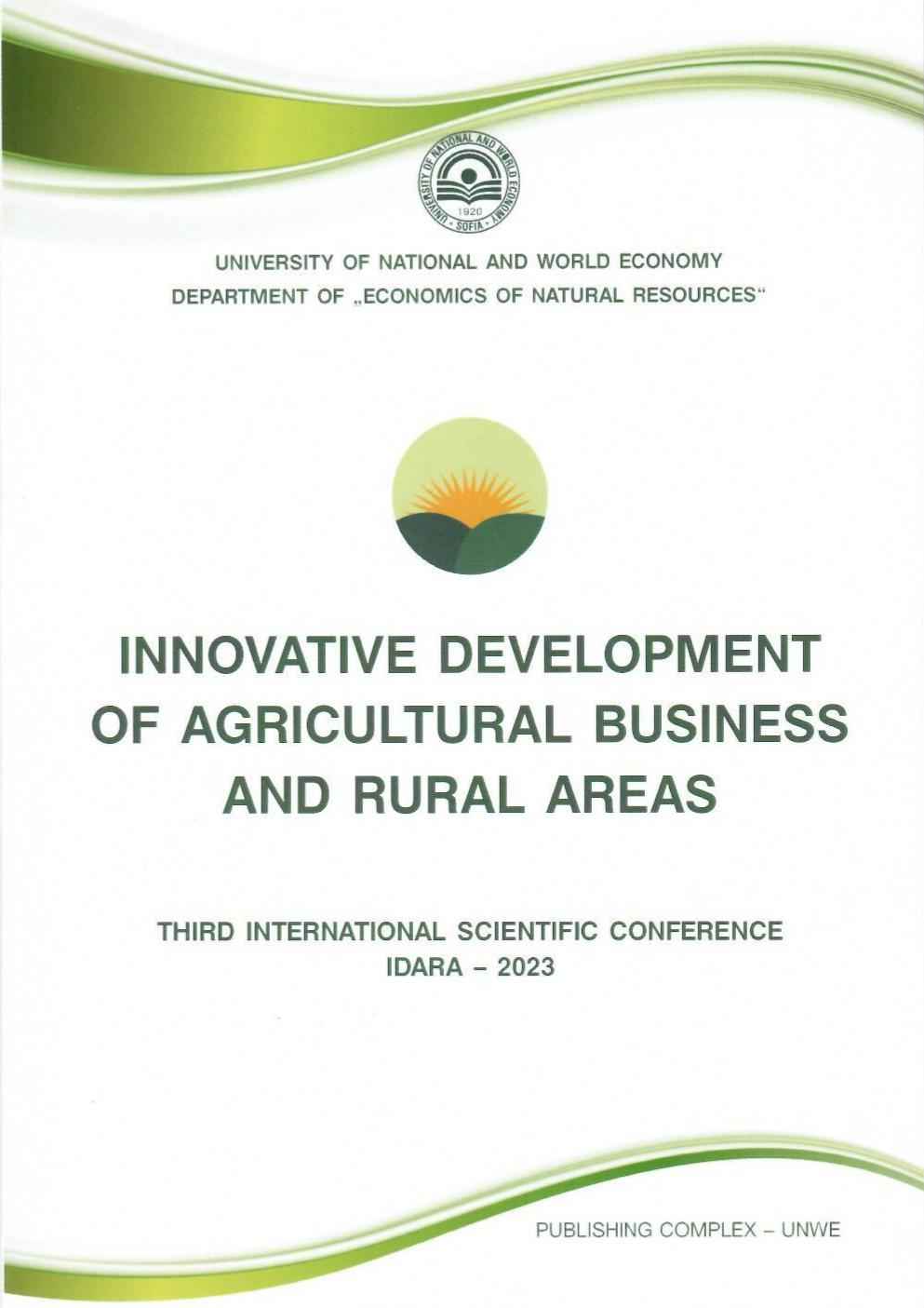Environmental Protection Activities in Bulgaria – Comparative Analysis in Regional Aspect
Environmental Protection Activities in Bulgaria – Comparative Analysis in Regional Aspect
Author(s): Zornitsa Stoyanova
Subject(s): Politics / Political Sciences, Politics, Economy, National Economy, Business Economy / Management, Agriculture, Energy and Environmental Studies, Economic policy, Environmental and Energy policy, Socio-Economic Research
Published by: Университет за национално и световно стопанство (УНСС)
Keywords: environment; planning region; regional differences
Summary/Abstract: Environmental protection activities differ according the specifics of the regions. They lead to optimal use of resources, reduction of climate impact, ensuring security of energy supply, improving the health of ecosystems etc. The aim of the paper is to be prepared a comparative analysis between the planning regions in terms of environmental protection activities and on this basis to be determined the place of each region and to be evaluated the effectiveness of the financial sources used for environmental protection activities. The paper presents literature review of some environmental protection activities. The paper analyzes data related to the environmental protection activities undertaken in the planning regions related to household waste submitted for recycling, waste water discharged from treatment plants, installed renewable energy sources capacities, research and development expenditure, number of buildings financed under the National program for energy efficiency of multifamily residential buildings. Comparative analysis of environmental protection activities by planning regions is prepared in order to be presented the trends of some indicators and to be made a comparison between the regions. On the basis of the data analysis, the comparison between the planning regions for the period 2017 -2021 was made, and they were ranked in three groups – active, moderately active and low active. The analytical part of the paper also includes DEA analysis to be found the most effective region according to the chosen inputs. In all DEA models, the aim is to evaluate the effectiveness of indicators such as tangible fixed assets (TFA) with ecological use, expenditures for research and development and financial resources under the Operational program environment (OPE). These indicators are defined as Inputs. For outputs are chosen generated municipal waste, waste water discharged without treatment, CO2 emissions and destroyed territories. Based on the analysis are made some general conclusions and recommendations for increasing the engagement of the region to carry out environmental protection activities. The South Central and South Western regions are the most active in terms of carrying out activities that lead to environmental protection, the South Eastern and North Eastern regions can be defined as moderately active, and the North Central and North Western regions as low active in terms of environmental protection activities. In order to increase the engagement of the regions to carry out environmental protection activities, various initiatives can be taken, most often related to better understanding of ecological benefits, taking political actions and implementation of regulations in economic sectors related to the environment and natural resources, spreading of good practices.
- Page Range: 51-64
- Page Count: 14
- Publication Year: 2024
- Language: English
- Content File-PDF

